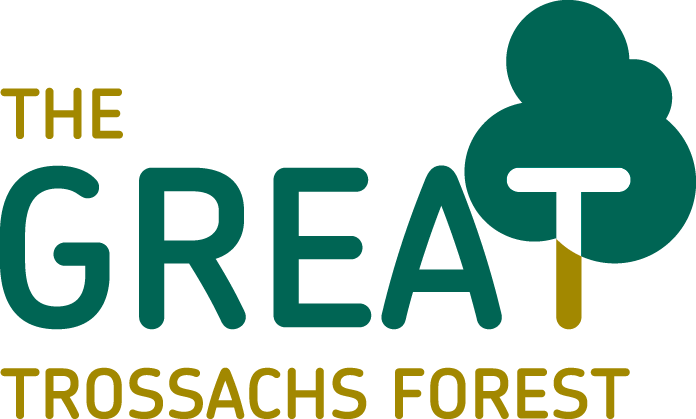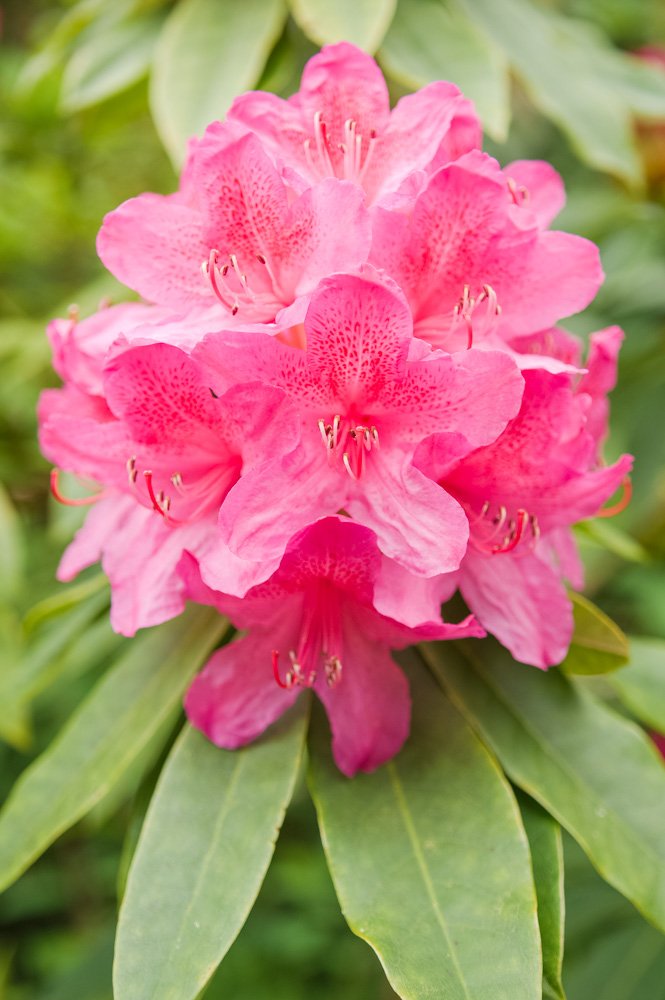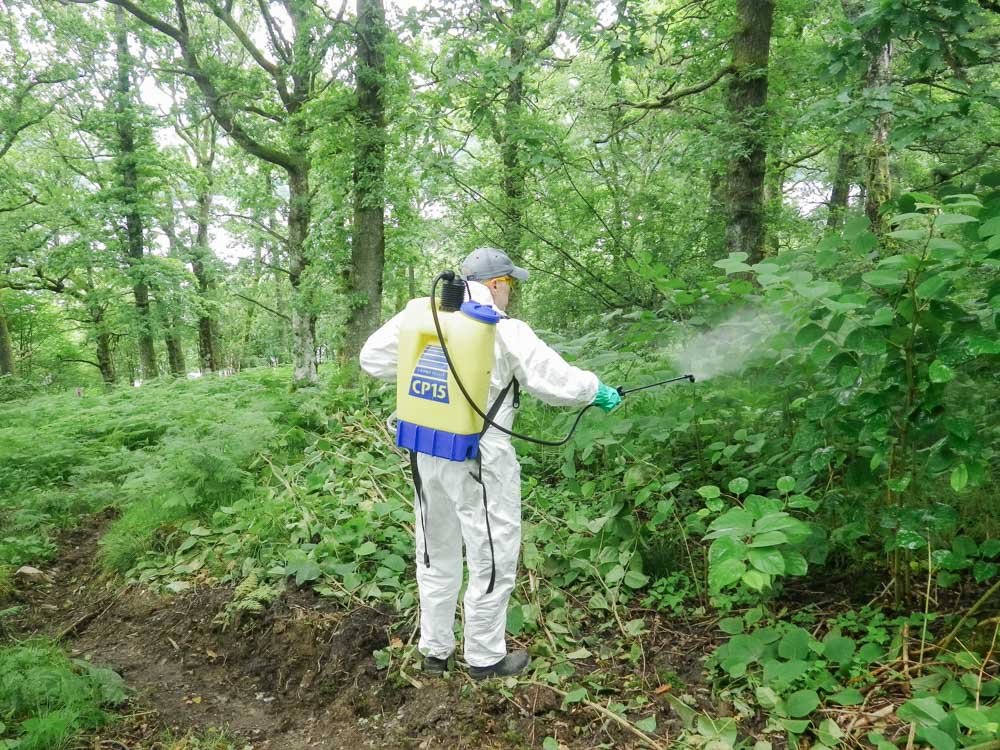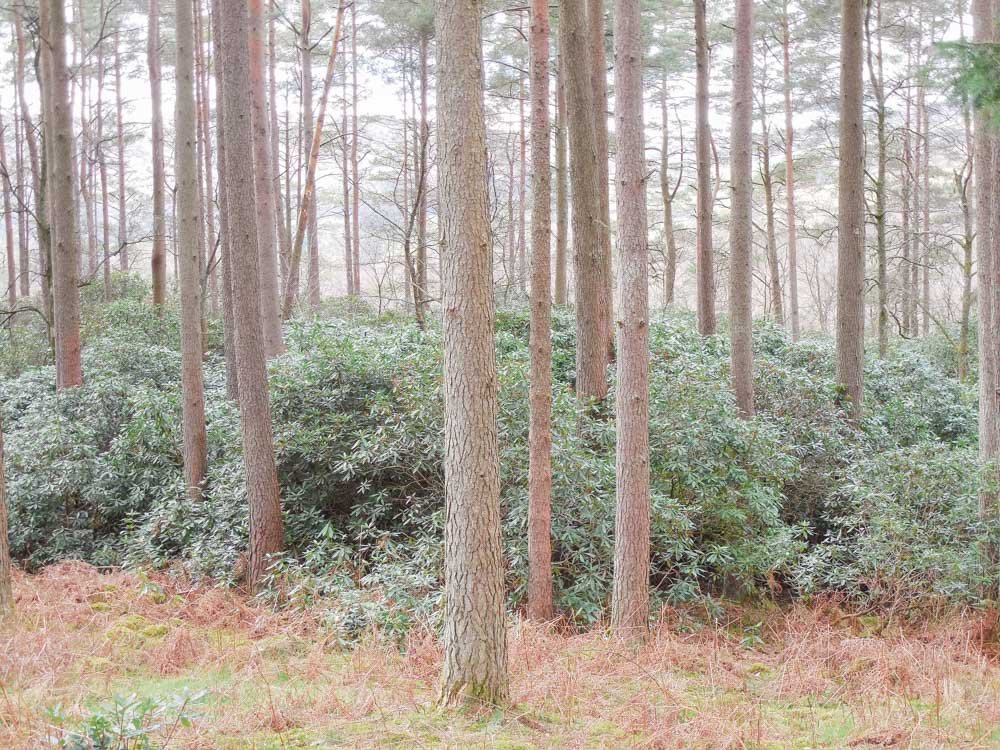Tackling Invasive Species
There are more than 2,000 established non-native species in Britain, the majority of which have minimal impact. Sadly around 10 to 15% can have significant adverse impacts and cause damage to biodiversity, our health, and the economy.
Invasive Non-Native Species (INNS) can be extremely costly and difficult to manage once established. Japanese knotweed grows aggressively along waterways outcompeting native flora and it can be incredibly difficult to deal with. Although not insignificant, thankfully in The Great Trossachs Forest it has been a relatively small-scale localised problem that with specialist treatment has now been virtually eliminated.
The same can’t be said of Rhododendron ponticum. Their pretty pink flowers hide a pernicious threat to our native wildlife and if left unchecked the dense thickets and toxic leaf litter that develop virtually exclude other plant life. The scale of the original problem was daunting and meant having to prioritise the areas to tackle with chainsaws, herbicides, heavy machinery, and considerable human muscle power. Large areas have been cleared and enormous progress has been made, but problem areas persist.
With the help of others, we are working to win the battle against this unwelcome alien. Everyone with Rhododendron on their land has a role to play in preventing its spread, and with coordinated action we can make a difference and eradicate the damaging threats it poses to our precious native flora and fauna.



